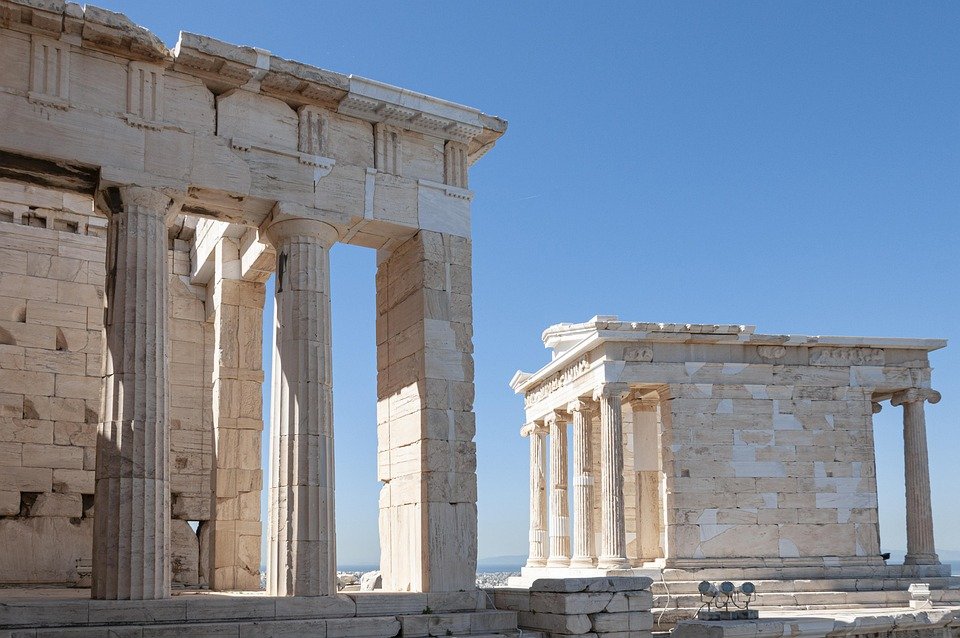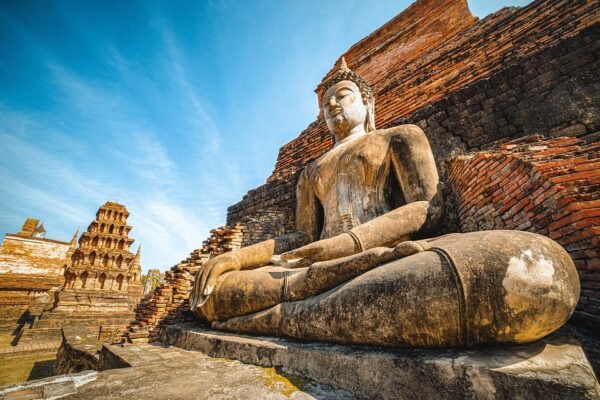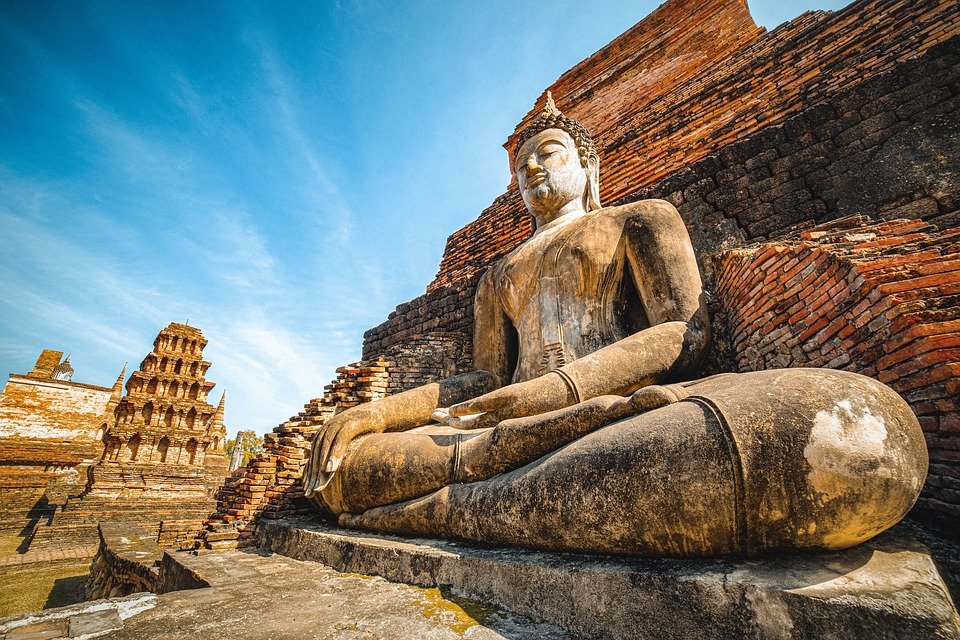

On this day: February 3
February 3 has been witness to many significant events throughout history. From political milestones to cultural moments, this day has been marked by a variety of impactful occurrences. Let’s take a closer look at some of the key events that have taken place on February 3.
1809: The Birth of Felix Mendelssohn
One of the greatest composers of the Romantic era, Felix Mendelssohn was born on February 3, 1809 in Hamburg, Germany. Known for his lyrical melodies and innovative harmonies, Mendelssohn’s music continues to be celebrated and performed around the world. Some of his most famous works include the “Wedding March” from his incidental music for Shakespeare’s play “A Midsummer Night’s Dream” and his Violin Concerto in E minor. Mendelssohn’s contributions to classical music have left a lasting legacy that is still appreciated today.
1870: The Fifteenth Amendment is Ratified
On February 3, 1870, the Fifteenth Amendment to the United States Constitution was ratified, granting African American men the right to vote. This historic milestone was a significant step towards equality and civil rights for all Americans, and marked a turning point in the fight for suffrage. While it would be many years before all Americans were granted the right to vote, the ratification of the Fifteenth Amendment was a crucial moment in the ongoing struggle for civil rights in the United States.
1943: The Battle of Stalingrad Ends
One of the most brutal battles of World War II, the Battle of Stalingrad came to an end on February 3, 1943. The battle, which lasted for over five months, saw intense fighting between German and Soviet forces, resulting in heavy casualties on both sides. The Soviet victory at Stalingrad marked a turning point in the war and is often considered one of the most decisive battles of World War II. The defeat of the German army at Stalingrad was a major blow to Hitler’s forces and marked the beginning of the end for Nazi Germany.
1959: Buddy Holly, Ritchie Valens, and The Big Bopper Die in a Plane Crash
On February 3, 1959, rock and roll stars Buddy Holly, Ritchie Valens, and The Big Bopper were tragically killed in a plane crash near Clear Lake, Iowa. The event, which became known as “The Day the Music Died,” shocked the music world and left fans mourning the loss of three talented young musicians. Buddy Holly, Ritchie Valens, and The Big Bopper were all at the height of their careers at the time of the crash, and their untimely deaths marked the end of an era in rock and roll music.
1984: The Challenger Space Shuttle Disaster
On February 3, 1984, the space shuttle Challenger exploded just 73 seconds after liftoff, killing all seven crew members on board. The disaster, which was broadcast live on television, shocked the nation and raised questions about the safety of the space shuttle program. The crew of the Challenger, including teacher Christa McAuliffe, had been selected to participate in the Teacher in Space Project, which aimed to bring civilian educators into space. The tragedy of the Challenger disaster served as a sobering reminder of the risks and challenges of space exploration.
2015: The Islamic State Burns Jordanian Pilot Alive
On February 3, 2015, the Islamic State militant group released a video showing the brutal execution of Jordanian pilot Moaz al-Kasasbeh, who was captured after his plane crashed in Syria. The video, which showed al-Kasasbeh being burned alive in a cage, sparked international outrage and condemnation. The horrific act was just one of many atrocities committed by the Islamic State during their reign of terror in Syria and Iraq. The death of Moaz al-Kasasbeh served as a stark reminder of the brutal tactics employed by extremist groups in the Middle East.
Conclusion
February 3 has been a day marked by both triumph and tragedy throughout history. From the birth of great composers to the end of epic battles, this day has seen a wide range of significant events that have shaped the world we live in today. As we reflect on the events of February 3, we are reminded of the power of history to teach us valuable lessons and inspire us to strive for a better future.







